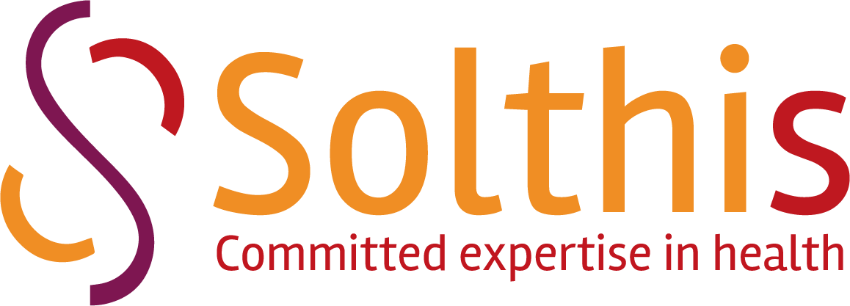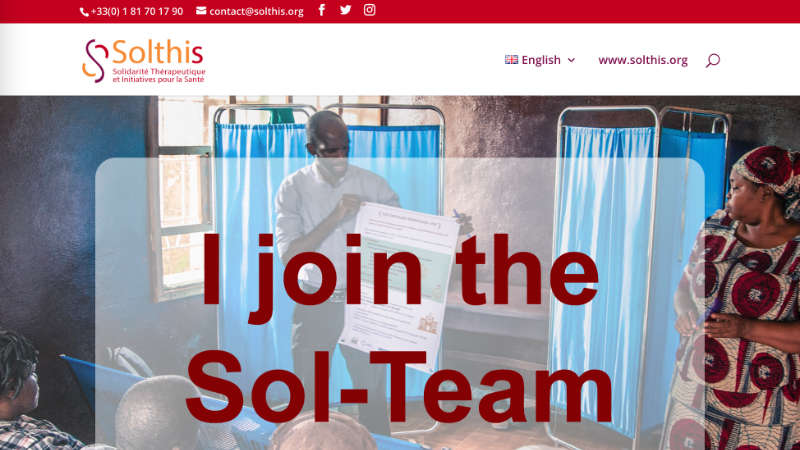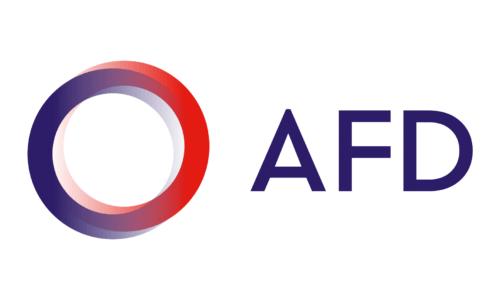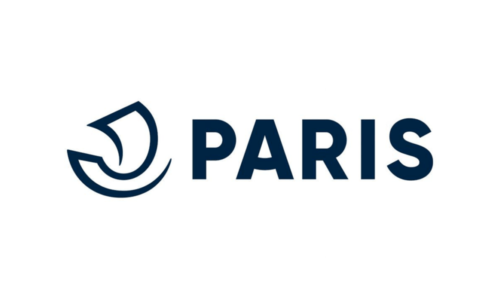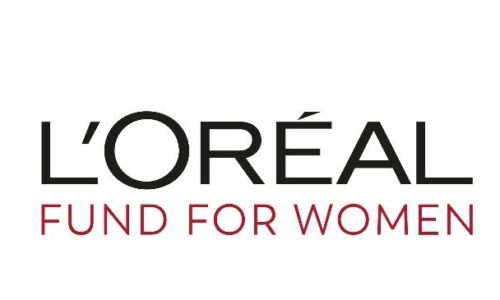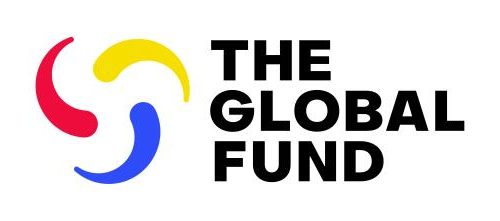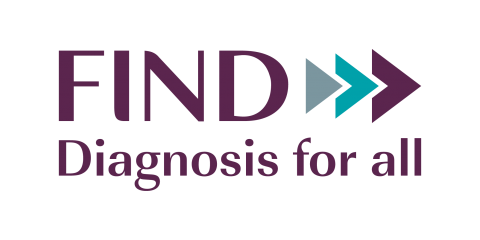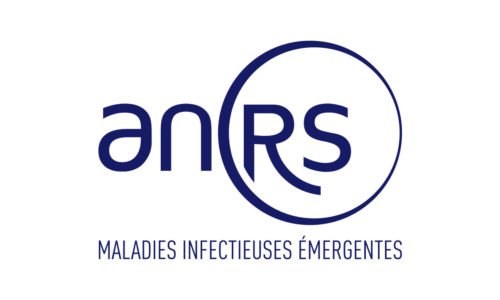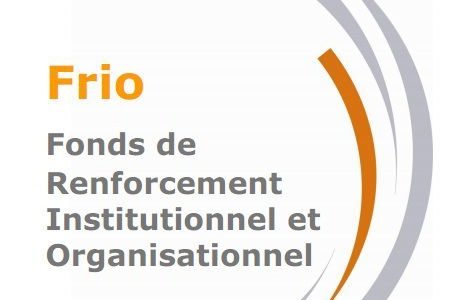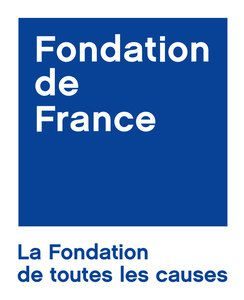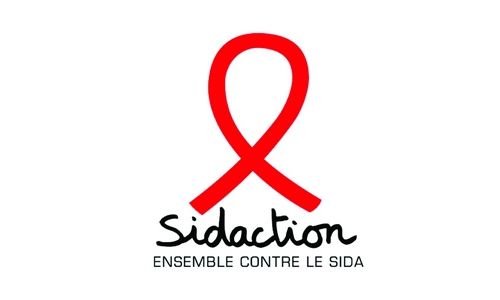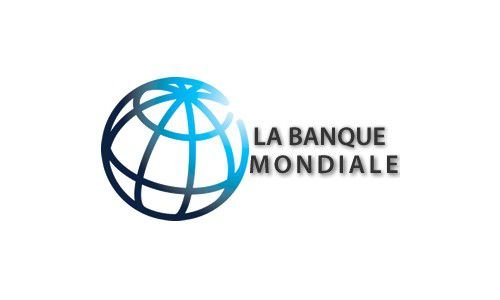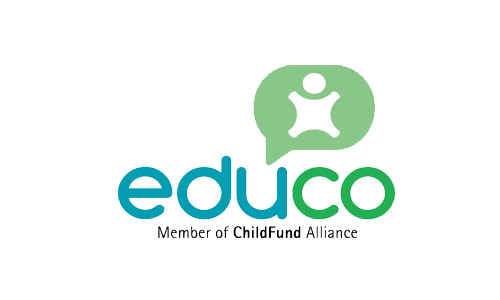2 September 2020 | Informations
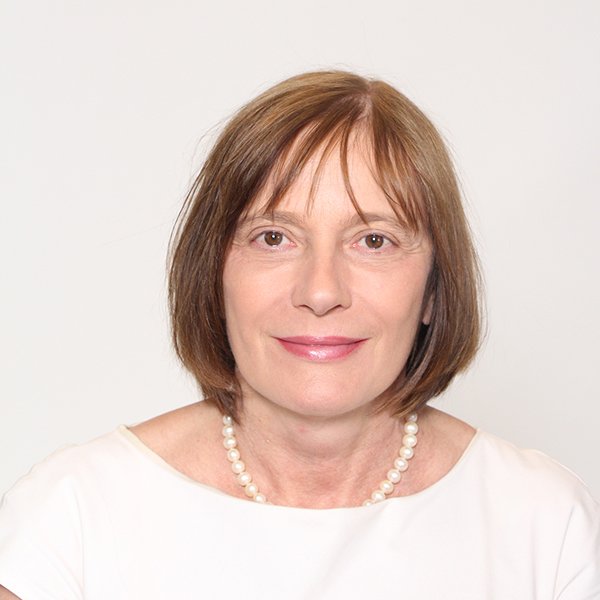
“Research on the COVID-19 pandemic in Africa must in particular prioritise research on the implementation of COVID-19 diagnostic and treatment solutions in order to understand how to deploy them effectively, but also to be able to evaluate their results. This is where NGOs such as Solthis must play a role.“
Prof. Marie-Paule Kieny is director of research at Inserm. Former WHO Assistant Director-General in charge of health systems and innovation, she is a member of the Board of Directors of Solthis.
Since the beginning of COVID-19, several research projects have been launched at the global level. Where are we at the level of African countries?
At the level of African countries, I can mention the initiative that is in the continuation of a development of the Pasteur Institute of Dakar, which has set up a production and diagnostic platform (DiaTropix). In collaboration with the British laboratory Mologic, DiaTropix will soon launch a rapid screening kit that is affordable for everyone. The other work that I am well aware of is the (research) coalition initiated by DNDi (Drugs for Neglected Diseases initiative) which, in particular, has set up a clinical trial platform to test drugs against COVID-19 in out-of-hospital patients and which is implementing a collaboration between 14 African countries. There is also of course a whole series of clinical research projects that have been submitted to the EDCTP, some of which are expected to be in the early stages of funding and implementation.
On which COVID-19 research priorities should African countries focus for a response adapted to their context?
“In Africa today, we need a large quantity of diagnoses in order to be able to immediately isolate and quarantine positive cases“, said Marie-Paule Kieny in an interview with Le Point.fr last March.
Research into the diagnosis of COVID-19 must be a priority. Indeed, it must be possible to diagnose as quickly as possible in order to identify cases, clusters and know where we are with the pandemic. Unfortunately, the diagnostic tests that exist globally today are too expensive for mass diagnosis. Similarly, innovative medicines against COVID-19, such as those based on monoclonal antibodies, will be expensive. There is therefore a need to identify affordable drugs for african countries that could be used in the early phase of infection to reduce the severity of the disease.
Then, of course, there is a need for implementation research, to explore how to implement the solutions (diagnosis, vaccination or treatment) effectively, and also to evaluate the results of this implementation. It is here that NGOs such as Solthis should play a role in supporting the diagnosis of COVID-19 cases, as Solthis has done for HIV self-testing (in West Africa).
NGOs like Solthis are involved in the response to the pandemic in Africa. What should be their role (or contribution) to strengthen research against the virus in their countries of intervention, in collaboration with local partners?
Organisations like Solthis have a sustainable national presence. This gives them a great advantage in intervening with populations at a time when most international transport is suspended, as in the current context. I think that they need to put their infrastructures at the disposal of the populations with whom they usually work to support the deployment of diagnostic and treatment solutions for COVID-19, understand their limitations and improve the modalities for this implementation.
They could also play a supporting role through research to find the best solutions for implementing palliative care: what should be done for people who are too old and who cannot stand intubation (often much less available in Africa than in France), how to manage patients with very serious forms of COVID-19, but also beyond COVID-19, for patients suffering from incurable diseases? Public health NGOs such as Solthis should support the development of this research, not on medical aspects but on operational aspects.
This pandemic has changed our daily habits, but also our professional objectives. Are there any research priorities emerging in global health for the future?
Today, the observation is that the countries supposedly better prepared are not those that have reacted best to the pandemic. At the end of the pandemic, we will need to be able to assess which countries coped best with the virus and where access to basic care was best maintained. In addition, we will need to understand whether in some countries initiatives to achieve universal coverage, at least for children, have played a role. Have these beginnings of social coverage had an impact on the consequences of COVID-19, particularly in terms of the availability of primary health care for the general population?
